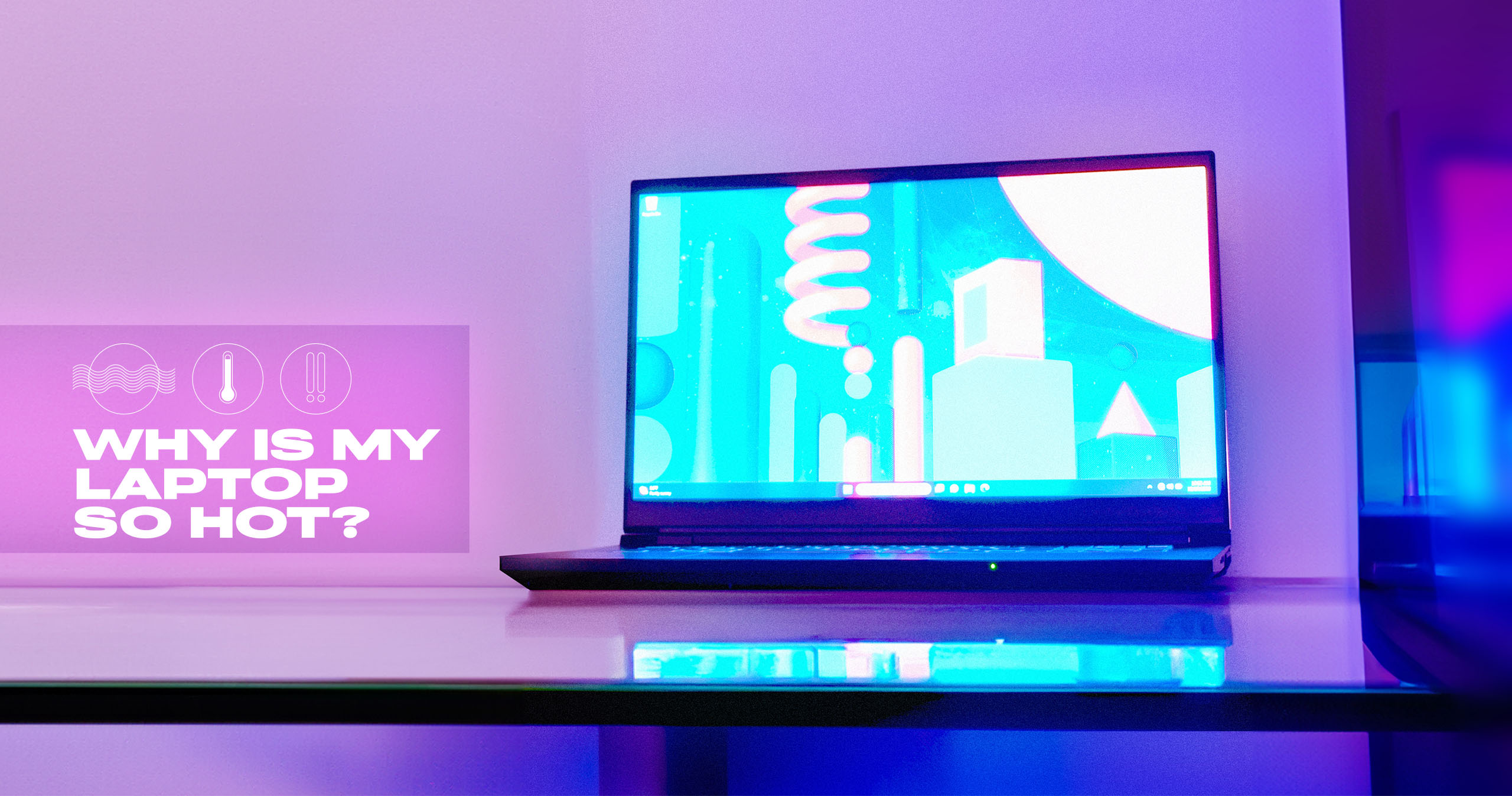This article may include references and links to products and services from one or more of our advertisers. We may be paid compensation when you click on links to those products and/or services. As an Amazon Associate, we earn from qualifying purchases.
This article contains affiliate links, which means that if you click on one of the product links and make a purchase, we may receive a commission. Please note that this article is for informational purposes only and should not be construed as financial or investment advice. We do not endorse any specific product or service mentioned in this article
This rise in remote working is, in fact, the most radical transformation in the way our work has changed since the advent of the computer network. There are many unanswered questions.
When will the remote work mandated by pandemics be finished? We don’t have a clue.
What percentage of people working at a home from home will be returning to work from a desk? We don’t have a clue.
Remote work, in the long run, is beneficial for business. Or is it wrong? Everyone agrees.
We’ve learned a lot about remote working and office work and the entire manner in which we conducted business over the last few years. Thanks to our lessons, companies will be much more efficient in the coming years.
Here are eight ways remote work can benefit business by showing us how to work more effectively:
1. Task, project, and team management tools are superior to MBWA
It’s inspiring that even in the 21st Century, most managers and project leaders continue to practice MBWA (management by walking around), which is a method of assessing employee performance through, at least, watching people determine whether they’re working.
There’s a problem: with knowledge work, everyone sitting at a computer seems to be in the office regardless of whether they’re doing some shopping on Amazon or uploading cat photos on Facebook.
Any person looking out of the window seems to be slowing down, even though they’re absorbed in their thoughts and trying to come up with the next million-dollar concept for your business.
A few companies are trying out the latest MBWA technology, which uses cameras, keys, keystroke loggers, and software to capture screen displays on desktops to ensure employees are focused on their work.
This is not an excellent way to retain top talent in all instances. Most people do not want their company monitoring their homes or families, and most find it challenging to find a job elsewhere. Remote surveillance tools for workers can be easily defeated.
2. Zero trust is the most crucial factor in ensuring security
The unexpected surge in remote working at the start of the COVID-19 pandemic in 2020 significantly increased the risk of infection for companies across the globe.
Particularly home offices typically include various applications on several devices used by multiple users (family members and guests) who connect to the same network and sometimes share devices.
Zero-trust is an incredibly beneficial option under these conditions.
It’s also true that there is no need for trust in offices that have strong perimeter defenses and solid physical security. It was a matter of widespread online work to be this evidence.
3. A life in a costly city to get the highest-paying jobs is unwise
Knowledge workers relocate to large cities because these are the areas where high-paying jobs are offered. This is particularly true for Silicon Valley, where a family with a salary of 200k has an average lifestyle because their typical tract home costs $1.2 million, and food, gasoline, clothes, insurance, and all other things cost more than what they would in the countryside.
What is more sensible for everyone is for employees to live where they like and for employers to pay less. If you and your family are planning to relocate and you’re looking for your next great opportunity find the right jobs for you in Jooble!
4. Communication tools for remote work are more suitable for office work
The pandemic revealed that meeting based on in-person gatherings was not the best idea. Some of those meetings benefitted people in the room, and anyone who was on the phone was treated as an outsider and viewed as an afterthought or even a burden to the group.
Using Cisco phones for communication can help bridge this gap and ensure everyone feels included in remote meetings.
Video-based meetings with Zoom, Microsoft Teams, and others place everyone on the same level regarding participation and share slides charts, documents, and other materials.
Soon, regardless of whether remote work at home, in-house, or more likely hybrid, the tools for meetings that we were forced to utilize will help improve meetings in the future, given that we’ve become accustomed to them.
Don’t forget about a decent computer for your work (you can find it here and here).
5. Office work is not efficient
The Wall Street Journal recently revealed that certain remote employees took advantage of the situation by obtaining another small job, doing two jobs for every employer, believing that they were only working one(The “situation” I’m referring to is remote work but without the systems for managing performance that is required to ensure efficiency).
The article stated that many say they don’t work more than 40 hours a week for both jobs combined.
If this is the case and is widespread enough to be deemed an ongoing trend, it exposes considerable inefficiencies in measuring and managing work. This also reminds us of how much time is wasted in the process of prepping for their work and traveling every day.
According to the Alliance, a Virtual Offices study found that workers from New York gained back 15.2 percent of their time not commuting.
6. A majority of business travel is unnecessary and costly
The lockdown remote working phenomena, business travel took the brunt. Many organizations worldwide have recognized that huge savings could be realized if commercial travel is replaced with Zoom calls and other web-based interactions.
Although the significant reduction in business travel resulting from the pandemic isn’t directly connected with remote work following the outbreak. The technology has become widespread, especially with the recent effectiveness and popularity of video-based meetings, which have proven they can replace at minimum certain business travel.
7. Hybrid work is more effective than either office work or remote work
Specific individuals indeed have personality traits or working styles that favor in-person collaboration. Some people prefer security and control from remote-based work. Every type of person thrives in a particular situation more than others.
This is an excellent opportunity for working environments with a hybrid approach in which the extroverts are in the office while the introverts work from home.
All employees can benefit from the new variety of remote work tools. The right-sized workspace improves productivity, increases retention of staff as well as happiness, and boosts the competitiveness of your company.
The truth is that we cannot precisely know how the trend towards remote work will end up. However, we realize that the information gained from rushing to work remotely will drastically enhance the way businesses are conducted in the near future.







